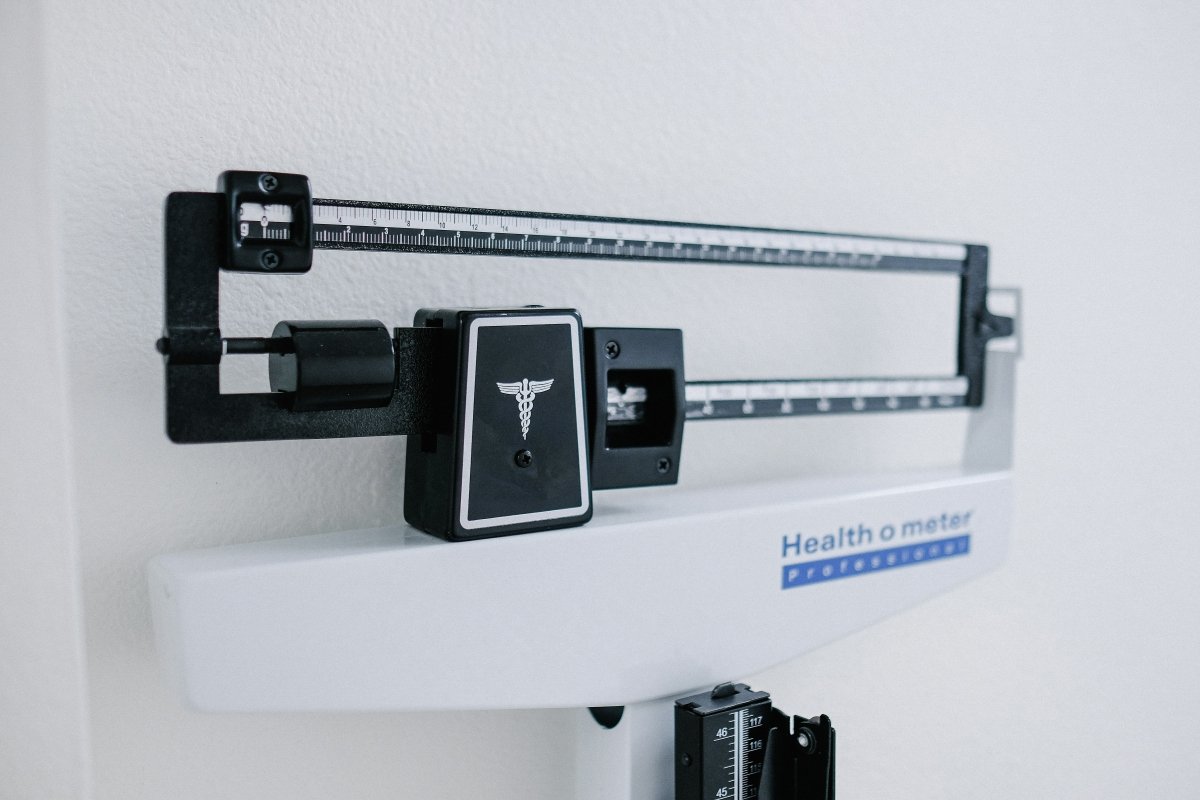في دراسة رائدة في العالم الحقيقي، أظهر عقار Mounjaro (tirzepatide) من إنتاج شركة Eli Lilly فقدانًا متفوقًا للوزن مقارنةً بعقار Ozempic (semaglutide) من إنتاج شركة Novo Nordisk، وكلاهما عقاران شائعان لعلاج مرض السكري من النوع 2 والسمنة. تمثل هذه الدراسة، التي نُشرت في JAMA Internal Medicine، أول مقارنة مباشرة بين العقارين باستخدام بيانات الرعاية الصحية من البيئات السريرية اليومية. تكشف النتائج أن المرضى الذين يتناولون عقار Mounjaro لم يحققوا معايير فقدان الوزن بشكل أكثر اتساقًا فحسب، بل فقدوا أيضًا المزيد من الوزن بشكل عام مقارنة بمن يتناولون عقار Ozempic.
نظرة أقرب على الأداء المتفوق لـ Mounjaro
ينتمي عقارا مونجارو وأوزمبيك إلى فئة من العقاقير تعرف باسم ناهضات مستقبلات الببتيد الشبيه بالجلوكاجون-1 (GLP-1). تعمل هذه العقاقير عن طريق محاكاة الهرمونات الطبيعية في الأمعاء والدماغ التي تنظم مستويات السكر في الدم والشهية.
أظهرت التجارب السريرية السابقة أن المرضى الذين يتناولون عقار أوزمبيك يمكنهم أن يفقدوا ما يصل إلى 16% من إجمالي وزن الجسم. ومع ذلك، فقد حقق عقار موجارو نتائج أكثر إثارة للإعجاب، حيث فقد بعض المرضى أكثر من 20% من وزن الجسم. وعلى الرغم من أن هذه النتائج من التجارب السريرية كانت واعدة، إلا أنه لا يمكن مقارنتها بشكل مباشر بسبب الاختلافات في كيفية إجراء التجارب. ومع ذلك، توفر هذه الدراسة الواقعية الجديدة مقارنة مباشرة وتشير إلى أن عقار موجارو أكثر فعالية في إنقاص الوزن.
معايير هامة لفقدان الوزن
ووجدت الدراسة أنه على مدى فترة عام واحد، كان المرضى الذين يتناولون عقار موجارو أكثر احتمالية بثلاث مرات لتحقيق خسارة في الوزن بنسبة 15% أو أكثر مقارنة بمن يتناولون عقار أوزيمبيك. وكان إجمالي خسارة الوزن أكبر باستمرار لمستخدمي عقار موجارو عبر فترات زمنية مختلفة - ثلاثة أشهر وستة أشهر واثني عشر شهرًا - مع اتساع الفارق بين العقارين بمرور الوقت. على سبيل المثال، في غضون ثلاثة أشهر، كان متوسط خسارة الوزن لمستخدمي عقار موجارو 5.9%، مقارنة بـ 3.6% لعقار أوزيمبيك. وبحلول علامة العام الأول، فقد مرضى موجارو أكثر من 15% من وزن أجسامهم، بينما فقد مستخدمو عقار أوزيمبيك حوالي 8%.
السلامة والأحداث السلبية
كما فحصت الدراسة ملفات السلامة لكلا العقارين. تُعرف عقاقير GLP-1 بآثارها الجانبية على الجهاز الهضمي، بما في ذلك الغثيان والإسهال والقيء. كما تم الإبلاغ عن مضاعفات أكثر شدة مثل انسداد الأمعاء وشلل المعدة والتهاب البنكرياس. ومع ذلك، لم تجد الدراسة أي فرق كبير في معدلات الآثار الجانبية المعدية المعوية المتوسطة إلى الشديدة بين عقاري Mounjaro وOzempic.
خاتمة
تقدم هذه الدراسة الواقعية رؤى قيمة حول فعالية عقاري موجارو وأوزيمبيك في إنقاص الوزن، وخاصة لدى المرضى الذين يعانون من السمنة. وفي حين أن العقارين فعالان، يبدو أن عقار موجارو هو الخيار الأقوى لأولئك الذين يسعون إلى تحقيق خسارة كبيرة في الوزن. ومع استمرار تطور استخدام هذه الأدوية، فإن الأبحاث الجارية ستكون حاسمة في فهم تأثيراتها على المدى الطويل وتحسين استخدامها في الممارسة السريرية.





يشارك:
هل يمكن أن يسبب GLP-1 آلام العضلات؟
مونجارو (تيرزيباتيد) - الغوص العميق